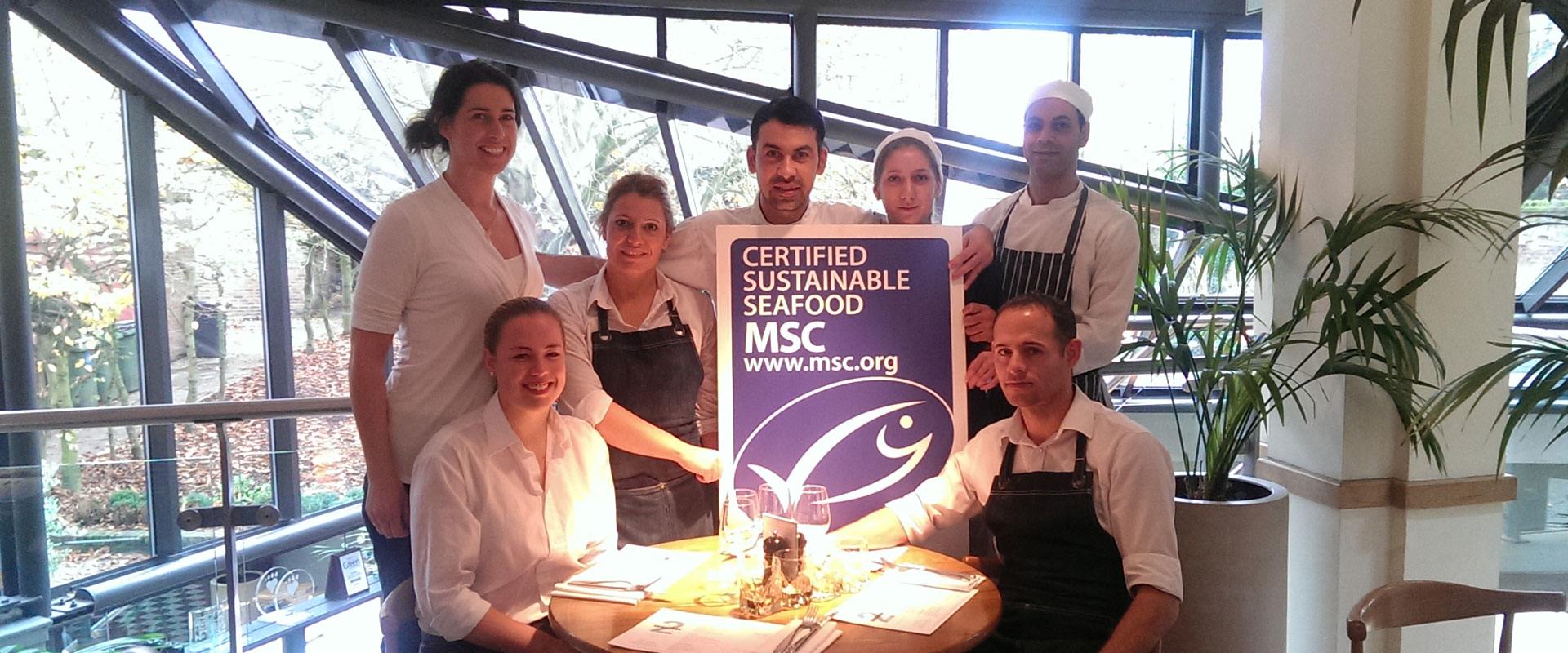Running an independent restaurant is a job and a half, and that’s just the hours. Throw in ever declining margins, toss in the brutal and unyielding competition of the high street chain and finish with the need to be ethical. Around 60% of restaurants close within their first year, a statistic that hasn’t changed much in decades. Today’s customer is well travelled, financially astute and all too often a self-proclaimed foodie. Bring back Michael Winner.
We were born from the ideal that you could create a locals-driven restaurant group that delivered on value and consistency, majored on ethics and was brought together by charming staff. Today we work on the same cornerstones that helped to establish us and continue to underpin our evolution. Lussmanns has just turned 14 and, like all teenagers, is now suffering from growth spurts, spats of unhinged emotion and a desire to be a grown-up when all we should be doing is enjoying the ride.
Welfare and provenance
Doing the right thing is far from sexy and sometimes a bit of a bore. But, from an early age I was taught to understand that why integrity and provenance of meat and fish mattered. That the welfare of the animal was essential with the knowledge that, if you ate meat, a little respect was the least you could afford it. Welfare has always hinged on lifestyle but, beyond this, ethical farming has long respected the land and soil, the water table and seas and, importantly, the lack of antibiotics.
100 or even 50 years ago we didn’t farm intensively. We simply ate less meat and fish, used everything including the bones, and naturally produced less waste. All of the produce was sourced locally. The way it was farmed and fished was more considered and supportive of both the environment and the animal.
Today we are time-poor and often overwhelmed by the volume of greenwash that shouts out from the supermarket aisle and beyond. Clever but often oily marketing sells sustainability well, but how much can be trusted? Thankfully, there is a cluster of UK and global certifiers that provide unrivalled detail and integrity in their audits, such as the Soil Association and the Marine Stewardship Council (MSC). These organisations establish clarity and help us all to make an informed choice.
From a coffee shop off the Portobello Road to a growing group of restaurants, the supply of good produce is fundamental. Knowing the product integrity, provenance and market value, and having a consistent supply, are all essential to the success our business. These concerns continue today, along with ever-inflationary margins continuing to challenge our decision making.
MSC certification for peace of mind
In the early days, after trying many fishmongers and growing tired of 3am trips to Billingsgate and Smithfield I came across our present wholesale supplier, Stickleback Fish, based in Herts. We trusted them to provide the quality and quantity of fish we needed and, after developing a successful partnership, we gave them the option of becoming a shareholder. They agreed. Almost ten years later, buying in over seven tonnes of fresh fish annually, the decision made to hedge our bets was a success, albeit it’s always good to periodically review the prices.
With so much hubbub about day boats and arguments over what is landed sustainably, it became clear that we needed a pragmatic and proactive approach. A no-nonsense perspective that clearly labelled, without fear or favour, and provided clarity in what was sustainable to fish. Hence our relationship with the MSC was born.
Using the MSC Chain of Custody Standard meant that, from ocean to plate, we could track what we were ordering, cooking and serving. A scientific approach to fishing, underpinned by a traceable supply chain through both parties, meant we could finally be sure where the fish we bought came from. Further still, we could know that what was hooked was in harmony with, and protected, future stocks. Ethics and sustainability became a lot clearer as we bought into a worldwide community where today’s fish are manged for tomorrow’s world – how great is that?
When George Clark, UK Commercial Manager at the MSC told me how their certification is based on good science, ensure that stocks are not overfished and that the quota is okay, I realised that there was only one approach. The MSC Standard means that fish is certified sustainable and that there will be fish in the sea in 20 years to come, and beyond. It also makes shopping and eating out easy; you don’t have to investigate the story behind every fish you purchase or order in a restaurant, you simply look for the blue MSC label like the one on our menus. Easy.
Today our beef, lamb and pork is organically reared, our chicken is local and free-range, and 100% of our fish is either MSC certified sustainable or on the Marine Conservation Society’s approved ‘fish to eat’ list.
Classy but classless, a little like a well-worn linen jacket, we will continue to embed ourselves as the locals’ favourite restaurant. A business majoring on value, consistency and charming staff, and where the ethics of what we do underpins our very existence.

Andrei Lussmann was the Marine Stewardship Council’s Chef of the Year 2016, and this blog was first published on 25 November 2016 by the MSC.


